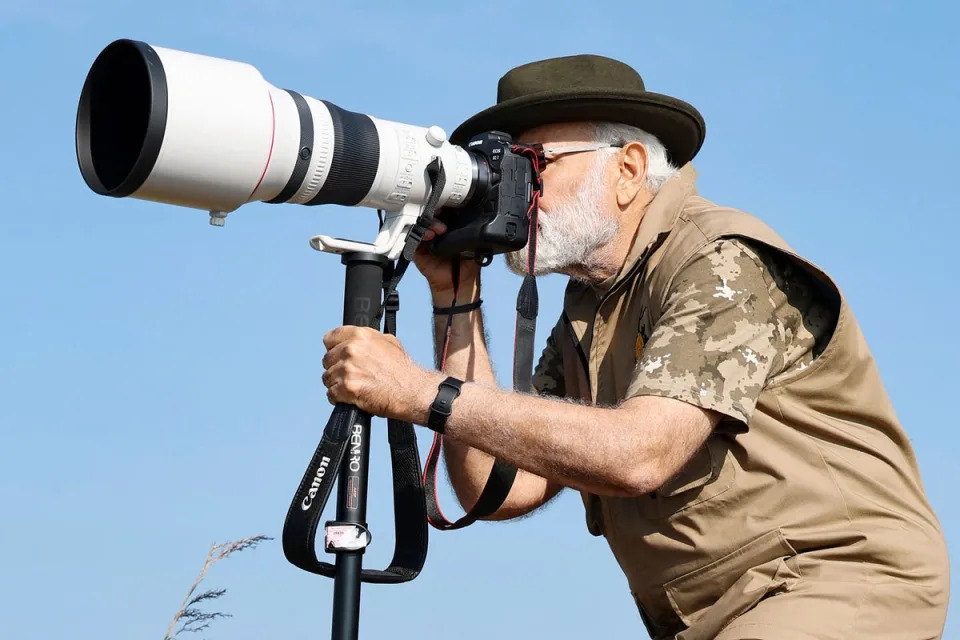Teachers want Ofsted’s ‘reign of terror’ abolished, union says
Rebecca McCurdy
Mon, 10 April 2023

Rebecca McCurdy
Mon, 10 April 2023

Delegates of the NASUWT union have called for the abolition of Ofsted in its current form
Pressure on the school inspections system in England continues to mount as teachers called for the end of Ofsted’s “reign of terror”.
A motion calling for Ofsted to be abolished was approved at the NASUWT’s annual conference in Glasgow on Monday.
It joins the National Education Union (NEU) in calling for an immediate freeze of inspections to allow for full mental health assessments to be conducted on teachers and school leaders.
Union delegates told the conference they lived and worked in “fear” of inspections which rate schools in England between outstanding and inadequate.
It comes following the death of Ruth Perry, headteacher at Caversham Primary School in Reading, who killed herself in January while awaiting an Ofsted report which downgraded her school from the highest rating to the lowest possible.
Gherie Wedeyesus, a teacher from Brent, said: ““It’s about time we said enough is enough. You cannot label a whole school including the leadership, educators and the pupils as one word – inadequate.
“Let’s put an end to this peddler of misery. Let’s end this reign of terror and abolish Ofsted.”
Meanwhile, proposer Martin Hudson from Newcastle-upon-Tyne said: “Ofsted is a scourge of the classroom and the destroyers of teachers.”
He added: “There’s a genuine and deep-seated fear of Ofsted amongst teachers and this is completely unacceptable.”
Julie Parkin, of the same branch, said school leaders and teachers were placed under “immeasurable pressure” as they prepared for inspections.
Pressure on the school inspections system in England continues to mount as teachers called for the end of Ofsted’s “reign of terror”.
A motion calling for Ofsted to be abolished was approved at the NASUWT’s annual conference in Glasgow on Monday.
It joins the National Education Union (NEU) in calling for an immediate freeze of inspections to allow for full mental health assessments to be conducted on teachers and school leaders.
Union delegates told the conference they lived and worked in “fear” of inspections which rate schools in England between outstanding and inadequate.
It comes following the death of Ruth Perry, headteacher at Caversham Primary School in Reading, who killed herself in January while awaiting an Ofsted report which downgraded her school from the highest rating to the lowest possible.
Gherie Wedeyesus, a teacher from Brent, said: ““It’s about time we said enough is enough. You cannot label a whole school including the leadership, educators and the pupils as one word – inadequate.
“Let’s put an end to this peddler of misery. Let’s end this reign of terror and abolish Ofsted.”
Meanwhile, proposer Martin Hudson from Newcastle-upon-Tyne said: “Ofsted is a scourge of the classroom and the destroyers of teachers.”
He added: “There’s a genuine and deep-seated fear of Ofsted amongst teachers and this is completely unacceptable.”
Julie Parkin, of the same branch, said school leaders and teachers were placed under “immeasurable pressure” as they prepared for inspections.
Members are expected to remain in school until ridiculous hours of that night before in order to ensure everything is in placeJulie Parkin
She said: “Members are expected to remain in school until ridiculous hours of that night before in order to ensure everything is in place.
“And that’s without the months of preparation beforehand. Even when those head teachers don’t have those requirements of staff.
“The members themselves are made to feel that they should be upholding their part in proceedings, feeling that they can’t be seen to be letting the side down.
“The fear of dropping grades to requires improvement or, worse, inadequate and special measures leads to an increasing workload.”
The National Association of Head Teachers (NAHT) has also indicated that it could take legal action against Ofsted following its failure to pause inspections after Ms Perry’s death.
The motion carried by the NASUWT union acknowledged that the “perceived demands of Ofsted are the major contributor to the excessive workload and bureaucracy that blights the lives of teachers”.
It instructed the union’s national executive to work with other education unions to call for an immediate freeze and launch a campaign for the abolition of the inspections system in its “current form”, replacing it with a supportive framework.















